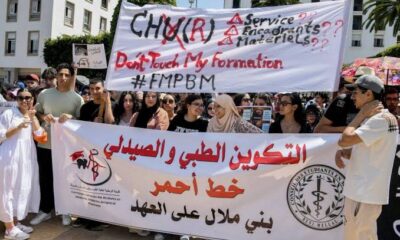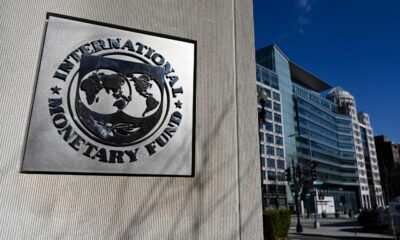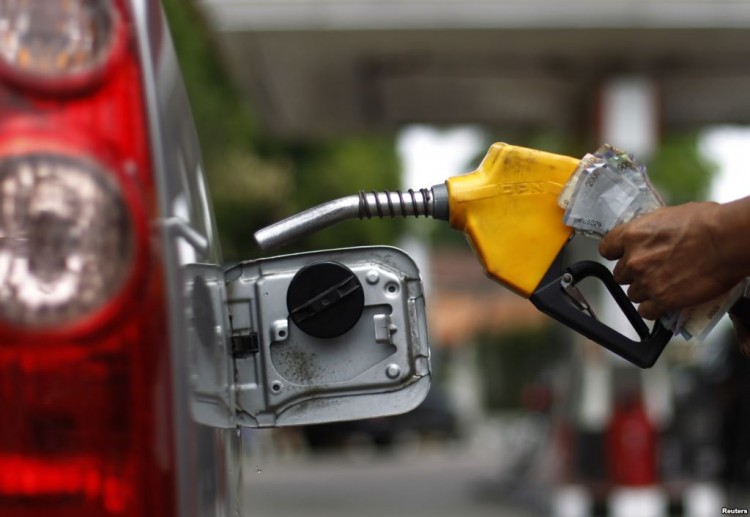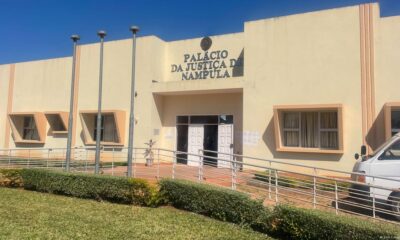The International Monetary Fund (IMF) has stated that President Bola Tinubu’s administration’s quiet return of petrol subsidy is anticipated to consume about 50% of its estimated oil earnings for this year.
Based on the IMF’s assessment, Africa’s largest producer of crude oil is expected to incur an implicit subsidy of around N8.43tn ($5.9bn), which will reduce its projected N17.7tn of oil earnings. This advice was stated in the most recent IMF staff country report for Nigeria.
The Bank of America estimated that Nigeria may incur a cost of $7 billion to $10 billion this year if it imported a quantity of gasoline ranging from 18 billion to 25 billion litres. Tatonga Rusike, an economist specializing in sub-Saharan Africa at Bank of America, stated in a written communication.
This recent comment was made about a year after the President, during his inaugural speech, publicly halted the disbursement of subsidies.
“Subsidy can no longer justify its ever-increasing costs in the wake of drying resources. We shall instead re-channel the funds into better investment in public infrastructure, education, health care, and jobs that will materially improve the lives of millions. Petrol subsidy is gone,” Tinubu had declared.
The President’s declaration resulted in a surge in petrol prices, which rose from N197 to a range of N480 to N570. The pump price was then increased to N617 per litre and is currently being sold for prices ranging from N620 to N700 per litre.
The report read, “Fuel subsidies were reformed in June 2023, however, adequate compensatory measures for the poor were not scaled up promptly and subsequently paused over corruption concerns.”
“The devaluation of the naira days later, which was aimed at creating a free-floating currency, led fuel prices to more than triple, fanning inflation and protests.
“To help Nigerians cope, authorities started capping fuel pump prices below cost, reintroducing implicit subsidies by end-2023,” the IMF said.
The currency has experienced a depreciation of around 70% against the dollar since last June. Nigeria, although it is the biggest oil producer in Africa, relies on imports for most of its gasoline requirements due to insufficient refining capacity to satisfy domestic demand.
The International Monetary Fund (IMF) stated that it anticipates the elimination of the fuel subsidy to be fully implemented within two years. This will occur as the government expands its cash transfer program, which is specifically aimed at assisting the most impoverished individuals in the country.


 Musings From Abroad2 days ago
Musings From Abroad2 days ago
 Metro1 day ago
Metro1 day ago
 Culture1 day ago
Culture1 day ago
 Metro1 day ago
Metro1 day ago























